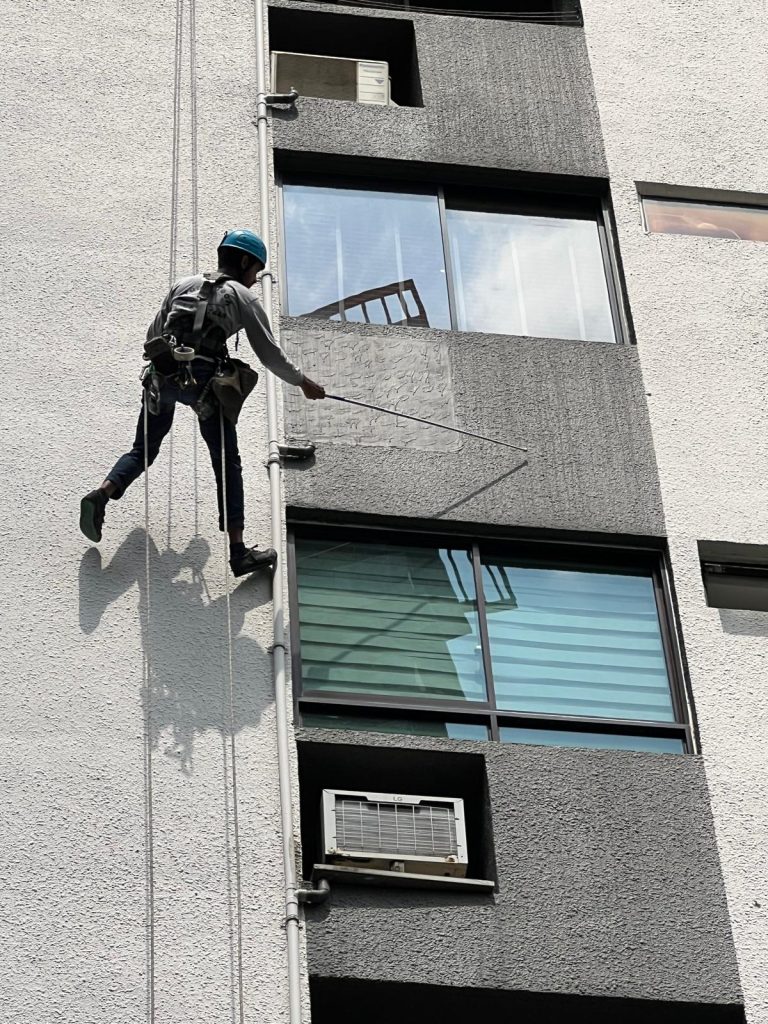Wall leakage Singapore is a common problem that many property owners face, yet it is often underestimated. While some may think of it as a minor nuisance, ignoring wall leakage Singapore can lead to serious structural issues, health hazards, and costly repairs. Buildings in Singapore, exposed to heavy rainfall and high humidity, are particularly vulnerable to water seepage and dampness if left untreated. Addressing wall leakage Singapore promptly is essential to protect both your property and well-being.
What is Wall Leakage?
Wall leakage Singapore occurs when water penetrates building walls, causing dampness, stains, peeling paint, and mold growth. It is not just a superficial problem; water infiltration can weaken the structural integrity of walls over time. Signs of wall leakage Singapore include visible water stains, musty odors, paint bubbling, and cracks in the wall surface. Homeowners and building managers should never overlook these warning signs, as early detection is key to preventing more serious damage.
Common Causes of Wall Leakage in Singapore Buildings
Several factors contribute to wall leakage Singapore. Poor construction techniques and substandard materials can create weak points in walls that allow water to seep through. Aging buildings often develop cracks and gaps that increase susceptibility to leaks. Singapore’s tropical climate, characterized by heavy rainfall and high humidity, exacerbates these problems. Plumbing leaks behind walls and damaged external coatings are also common culprits. Understanding these causes is crucial to finding an effective solution for wall leakage Singapore.
Risks and Consequences of Ignoring Wall Leakage
Ignoring wall leakage Singapore can lead to a host of problems. Structurally, continuous water infiltration can weaken walls, compromise load-bearing elements, and even cause sections of a building to deteriorate. Health risks are another concern, as damp environments encourage mold and mildew growth, which can trigger allergies, respiratory issues, and other health complications. Interiors can also suffer, with paint damage, warped furniture, and electrical hazards resulting from water exposure. Over time, neglecting wall leakage Singapore can significantly reduce property value and result in far higher repair costs compared to early intervention.
How to Detect Wall Leakage Early
Early detection of wall leakage Singapore can save time, money, and stress. Regular inspections, including visual checks for stains, cracks, or damp patches, are essential. Moisture detection tools and infrared thermography can help identify hidden leaks. Observing walls closely after heavy rain can reveal seepage points that may otherwise go unnoticed. Engaging professional waterproofing experts ensures a comprehensive assessment and accurate diagnosis of wall leakage Singapore, preventing small problems from escalating.
Effective Solutions for Wall Leakage
Addressing wall leakage Singapore requires both proper materials and professional expertise. Waterproofing treatments, such as polyurethane coatings, cementitious solutions, and sealants, are effective in preventing water ingress. Structural repairs, including crack filling and surface restoration, are often necessary for long-term durability. Preventive maintenance, such as regular inspections and timely touch-ups, helps minimize recurring leaks. Using materials and techniques suited for Singapore’s climate ensures the effectiveness and longevity of solutions for wall leakage Singapore.
Why Engaging Professionals is Essential
Professional intervention is crucial when dealing with wall leakage Singapore. Experts can accurately identify the source of the leak, recommend the most effective treatment, and guarantee a durable solution. Attempting DIY fixes often leads to temporary relief but fails to address underlying causes, resulting in recurring issues. Proof-Tech Waterproofing & Maintenance Pte Ltd. is the best company to engage for wall leakage Singapore services. Their experienced team provides comprehensive inspections, expert repairs, and lasting waterproofing solutions tailored for Singapore buildings.
Prevention Tips
Preventing wall leakage Singapore involves proactive maintenance and timely action. Regularly inspecting walls and plumbing systems can help detect problems early. Promptly repairing cracks, sealing surfaces, and addressing minor leaks prevents larger issues. Applying professional waterproofing treatments during construction or renovation ensures long-term protection. Engaging reputable companies like Proof-Tech Waterproofing & Maintenance Pte Ltd. for preventive solutions guarantees that walls remain safe, dry, and structurally sound.
Takeaway
Wall leakage Singapore is more than an aesthetic concern; it poses structural risks, health hazards, and financial burdens if ignored. Timely detection, professional intervention, and preventive measures are essential to safeguard buildings and occupants. Property owners should prioritize addressing wall leakage Singapore and engage experts for reliable solutions. Proof-Tech Waterproofing & Maintenance Pte Ltd. stands out as the top choice for comprehensive wall leakage Singapore services, ensuring durable results and peace of mind for building owners.
FAQ
1. What causes wall leakage Singapore?
Wall leakage Singapore can result from poor construction, aging walls, cracks, plumbing issues, and Singapore’s heavy rainfall and humidity.
2. How can I detect wall leakage Singapore early?
Look for water stains, peeling paint, musty odors, and cracks. Professional inspections and moisture detection tools help identify hidden leaks.
3. Can DIY methods fix wall leakage Singapore?
DIY solutions may offer temporary relief but rarely address the root cause. Professional services ensure long-lasting results.
4. How much does professional wall leakage Singapore repair cost?
Costs vary depending on the severity and treatment method. Engaging experts like Proof-Tech Waterproofing & Maintenance Pte Ltd. ensures efficient and cost-effective solutions.
5. Is wall leakage Singapore harmful to health?
Yes. Persistent dampness promotes mold and mildew growth, which can cause allergies, respiratory problems, and other health issues.

